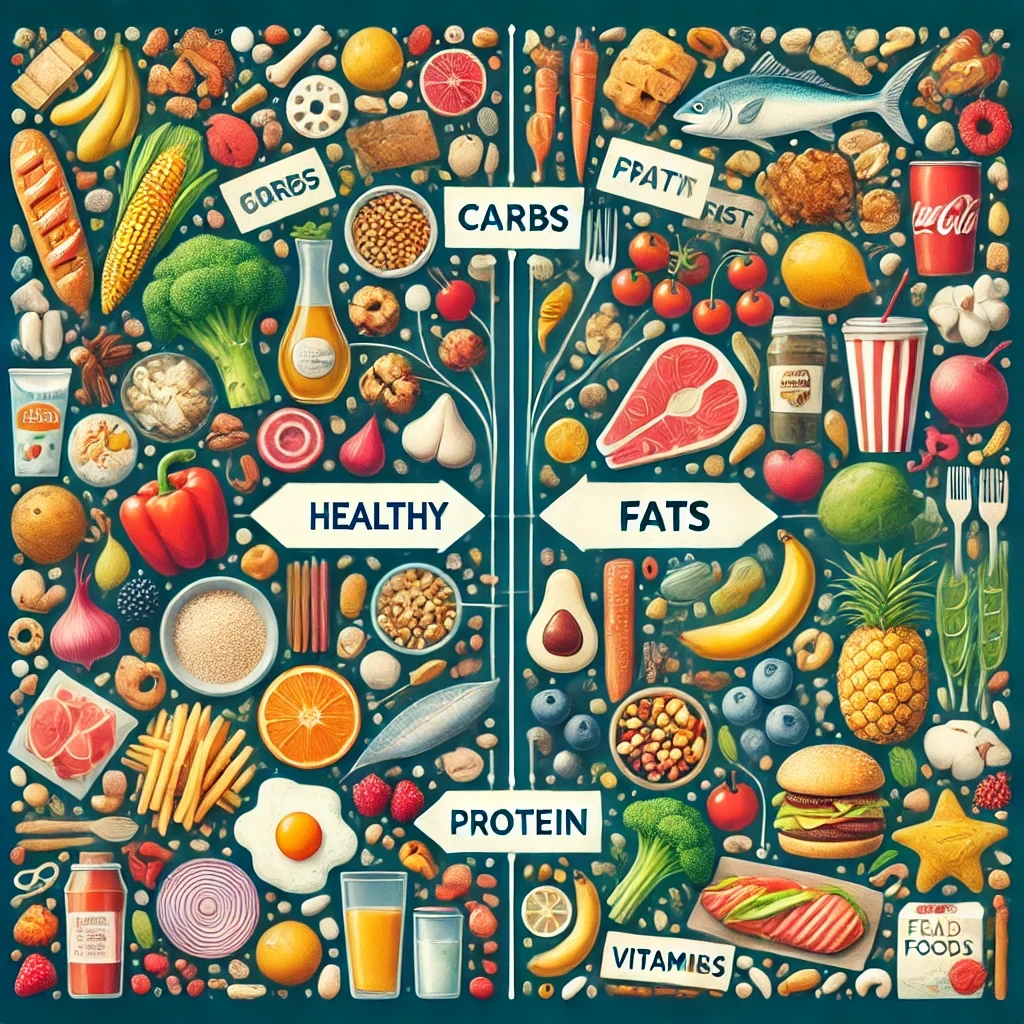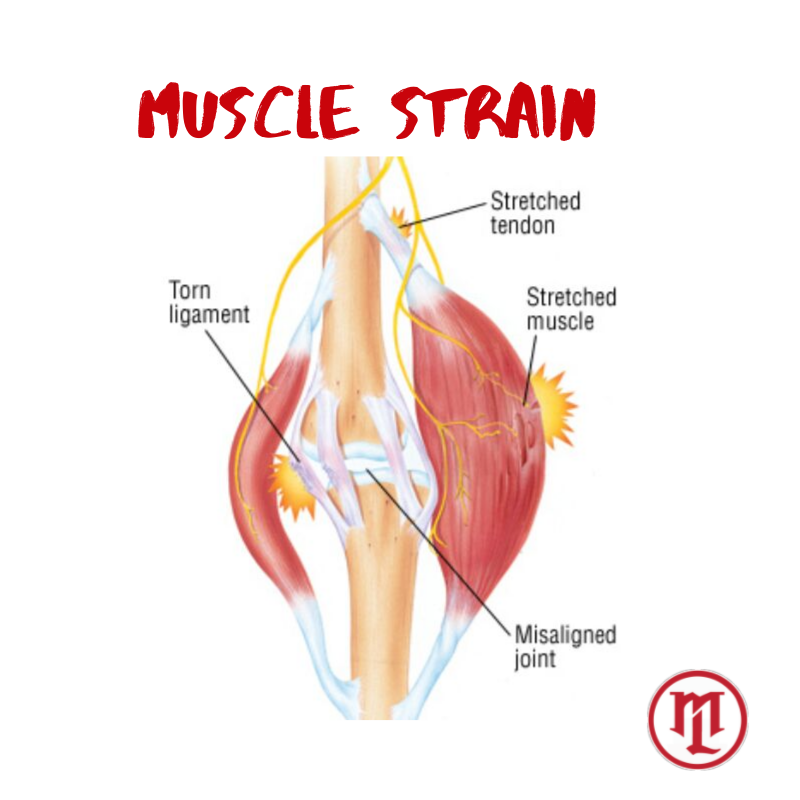When it comes to eating healthy, there’s a lot of confusion out there. With so much advice on social media and from different diets, it can be hard to know what’s true and what’s not. At Lee’s Fitness Unlimited, we believe in keeping things simple and sticking to facts. Let’s break down some common nutrition myths and clear up what you really need to know.
Myth 1: Carbs Make You Gain Weight
One of the biggest myths is that eating carbohydrates (carbs) will make you gain weight. Some popular diets, like keto, tell you to avoid carbs, but that’s not the full story. Carbs are the body’s main source of energy. Cutting them out completely can make you feel tired and sluggish. The key is to eat the right kinds of carbs—like whole grains, fruits, and vegetables. These give you energy and important nutrients. Avoid processed carbs, like sugary snacks and drinks, which don’t offer much nutrition.
Myth 2: All Fats Are Bad for You
For years, people believed that fat in your food equals fat on your body, but this isn’t true. Not all fats are bad. There are healthy fats, like those in olive oil, avocados, and nuts, that are good for your heart and help your body absorb vitamins. These fats can even help reduce inflammation. On the other hand, trans fats, which are found in fried and processed foods, are unhealthy and should be limited.
Myth 3: Supplements Can Replace Real Food
Many people think they can take supplements and skip eating real meals. While supplements can be helpful if you’re missing certain nutrients, they should never replace whole foods. Real foods like fruits, vegetables, lean meats, and whole grains offer a mix of nutrients that supplements can’t fully give you. Supplements should be used alongside a healthy diet, not as a replacement for real meals.
Myth 4: Eating Late at Night Makes You Gain Weight
A lot of people believe that if you eat late at night, the food will turn into fat because your body is resting. The truth is, weight gain happens when you eat more calories than you burn, no matter what time it is. What matters more than the time you eat is how much and what you’re eating. If you’re hungry after dinner, try to stick to a light, healthy snack. But eating late doesn’t automatically cause weight gain.
Myth 5: All Calories Are the Same
Technically, a calorie is just a unit of energy, but where those calories come from makes a big difference. For example, 100 calories from a candy bar aren’t the same as 100 calories from a salad. The candy bar may give you a quick energy boost but won’t keep you full for long. The salad, on the other hand, gives you vitamins, fiber, and protein, which help your body stay fueled and satisfied. It’s not just about how many calories you eat but also where they come from.
Myth 6: You Need Detox Diets to Cleanse Your Body
You’ve probably heard about “detox” diets that promise to cleanse your body of toxins. The truth is, your body already knows how to detox on its own. Your liver, kidneys, and other organs naturally remove toxins every day. Many detox diets are extreme and can lead to unhealthy weight loss or even nutrient deficiencies. The best way to support your body’s detox process is by eating a balanced diet with lots of fiber, drinking plenty of water, and sticking to whole, real foods.
Myth 7: Skipping Meals Helps You Lose Weight
Some people think skipping meals will help them lose weight faster. While you might eat fewer calories by skipping meals, it can actually backfire. Skipping meals often makes you hungrier later, leading to overeating or making unhealthy food choices. Eating regular, balanced meals helps keep your metabolism steady and provides the energy your body needs throughout the day.
Conclusion
There’s a lot of information out there, and it can be tough to know what’s right when it comes to eating healthy. But by sticking to science-based facts, you can make better choices for your body. At Lee’s Fitness Unlimited, we focus on practical, balanced nutrition that supports your fitness goals and overall well-being. Instead of focusing on restricting yourself, think about how you can fuel your body to be the best version of itself.
If you have questions or want personalized advice, feel free to reach out to our team. We’re here to help you reach your health and fitness goals the right way—through knowledge, balance, and lasting habits!


